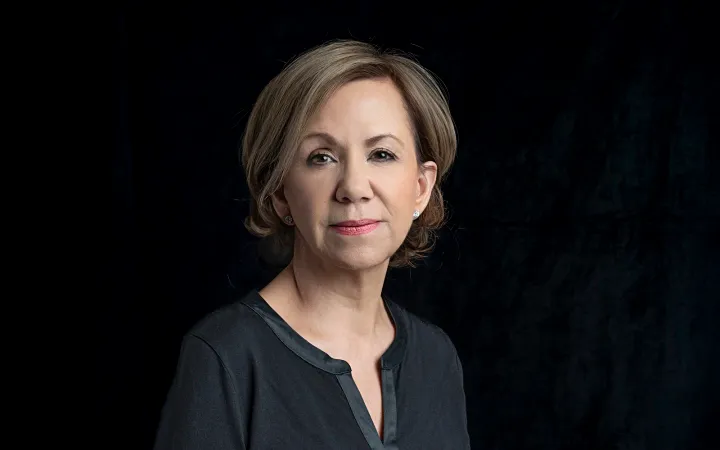
Por Brenda Estefan

En un momento en el cual la humanidad requiere mayor cooperación y diálogo entre naciones para hacer frente a los crecientes retos transnacionales, el uso de la fuerza como método de resolución de conflictos es una señal muy preocupante.
Este martes, Azerbaiyán lanzó una operación militar de gran escala para retomar el control de Nagorno Karabaj, una región de mayoría armenia en su territorio. Tras tres años de la última guerra con Armenia por el control de esta franja montañosa del Cáucaso, que está en disputa entre ambos países desde hace tres décadas, Bakú volvió a la carga.
Azerbaiyán se ha beneficiado del caos internacional, provocado por la guerra en Ucrania, para avanzar militarmente. Durante meses mantuvo un bloqueo en la zona del Alto Karabaj y, sabiendo que los vientos soplan a su favor, este martes comenzó los ataques militares presentándolos como "operación antiterrorista", con la justificación de que, en la madrugada del mismo martes, cuatro policías y dos civiles azeríes habían perdido la vida a causa de la explosión de unas minas.
En tan solo veinticuatro horas de bombardeos, cientos de personas perdieron la vida y miles fueron evacuadas. Bakú lanzó un ultimátum que exigía la disolución del régimen separatista y que las tropas armenias depusieran las armas. Ante la superioridad militar azerí y la falta de apoyo internacional, las autoridades del enclave armenio optaron por rendirse.
El Alto Karabaj estaba completamente solo. Armenia quedó debilitada tras la guerra de 2020 y no podía intervenir esta vez. Europa no ha tenido éxito en sus intentos de mediación en el conflicto y, a partir del inicio de la guerra en Ucrania, ha tenido que recurrir a Azerbaiyán para comprar gas lo que cuestiona su apoyo a Armenia. Además, la ONU tiene un papel cada vez más simbólico y carece de capacidad de acción real. Mientras que la tradicional "policía del Cáucaso", una fuerza militar rusa de 20,000 elementos, está limitada en su actuación ya que el Kremlin, que paradójicamente en este caso apoya al mismo país que Europa (es decir, Armenia), está ocupado en Ucrania.
Azerbaiyán decidió ignorar las condenas internacionales, sabiendo que cuenta con el respaldo diplomático de Turquía, que su economía se ha fortalecido con el aumento de exportaciones de hidrocarburos y que el hoy convulso mundo no reaccionaría. La ley del más fuerte imperó.
Tras la invasión rusa a Ucrania, una vez más se recurre a la fuerza para resolver un conflicto internacional. Y lo que es peor, en medio de la ausencia de gobernanza global, este podría no ser el último caso.
La Asamblea General de la ONU está en curso en Nueva York, y esta edición estará marcada por la ausencia de todos los jefes de los estados miembros permanentes del Consejo de Seguridad, excepto por Joe Biden. Tampoco estarán presentes Narendra Modi, de la India, ni López Obrador, aunque eso ya no sorprende. Estas ausencias son señal de un mundo fracturado que necesita del diálogo entre naciones, pero en el cual los organismos internacionales se han quedado cortos ante los retos. Es preocupante que el derecho internacional sea atropellado sin ambages por países como Rusia o Azerbaiyán. La ley de la selva se impone.
Las opiniones expresadas son responsabilidad de sus autoras y son absolutamente independientes a la postura y línea editorial de Opinión 51.
Más de 150 opiniones a través de 100 columnistas te esperan por menos de un libro al mes.






Comments ()